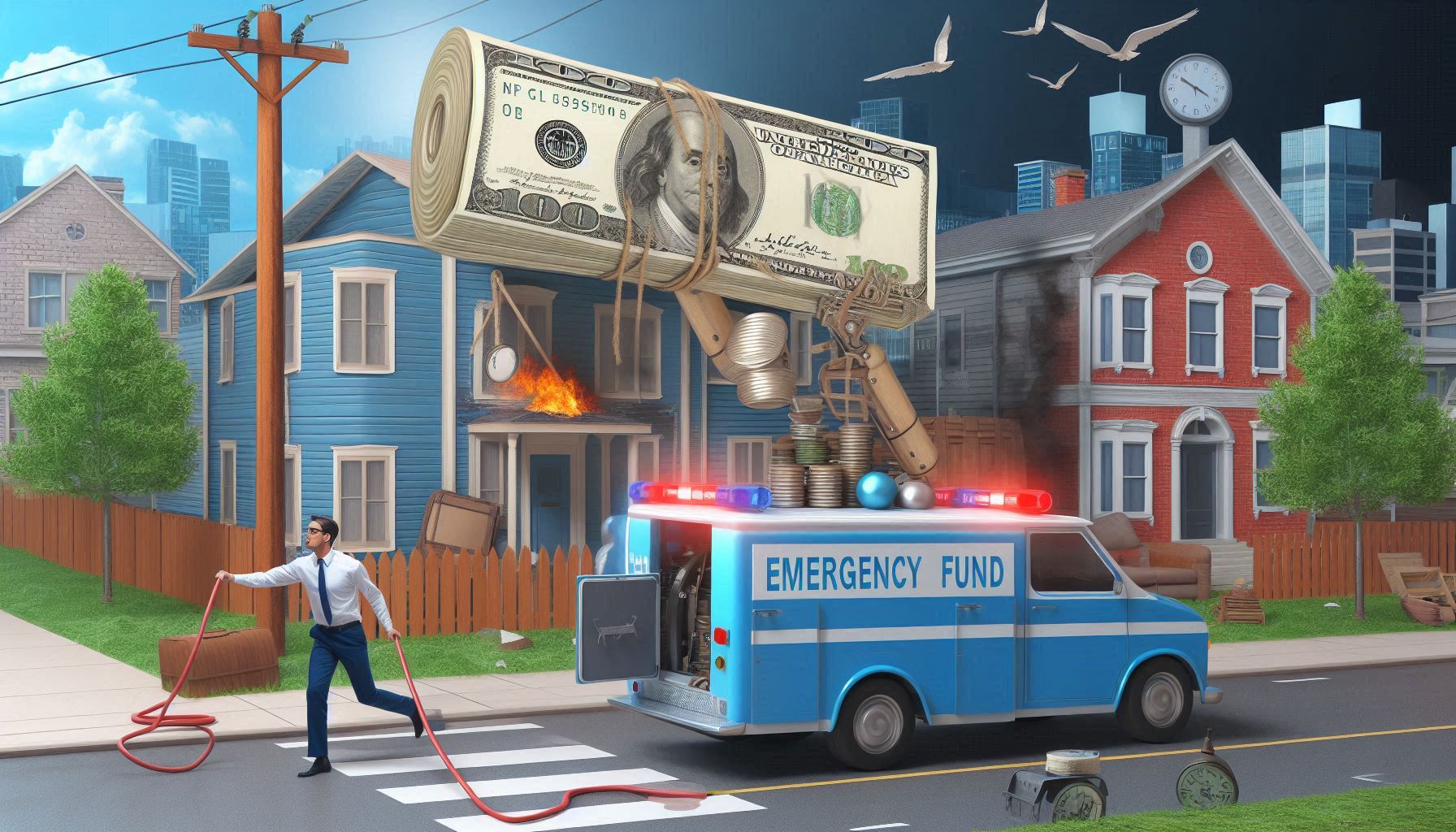
Why an Emergency Fund is a Must for Every Investor?
When we talk about building wealth through investments, especially in equity, we always emphasize the long-term horizon. Equity investments, when held over many years, have the potential to generate inflation-beating returns, outperforming almost every other asset class. However, the key to enjoying the full benefits of compounding and equity growth lies in staying invested.
This is where an emergency fund comes into play. While many investors focus on the long-term potential of their investments, they often overlook the importance of having a safety net. Emergencies—medical expenses, sudden home repairs, job loss, or any unforeseen situation—can arise at any time. Without a dedicated emergency fund, investors might find themselves forced to redeem their long-term investments prematurely. This could lead to booking profits or losses when the market is down, or missing out on future gains if the market is on an upward trajectory.
The Role of an Emergency Fund
An emergency fund is essentially a financial cushion that ensures you don’t have to disturb your long-term investments in the event of a crisis. Here’s how having one can help you stay on track with your wealth-building journey:
Protects Long-Term Investments: If an emergency arises and you don’t have a fund set aside, you might be forced to pull money from your equity investments. This could mean selling during a market dip, locking in losses, or even missing out on the future compounding benefits if the market is poised to grow.
Maintains Investment Continuity: Without an emergency fund, the first reaction during a financial crisis is often to stop or pause systematic investment plans (SIPs). Having an emergency fund ensures you can continue your SIPs uninterrupted, keeping your long-term goals intact.
Reduces Emotional Stress: Money stress is real. Knowing that you have an emergency fund in place can bring immense peace of mind. You’ll be less likely to make panic-driven decisions, ensuring you stay rational and focused on your long-term financial goals.
Allows for Smarter Financial Decisions: With the assurance of an emergency fund, you’re more likely to ride out market volatility, rather than make rushed decisions based on fear. It keeps you in the driver’s seat when it comes to financial planning.
How Much Should You Keep in an Emergency Fund?
The general rule of thumb is to have 3 to 6 months’ worth of living expenses in your emergency fund. However, depending on your lifestyle, job security, and dependents, you may want to adjust this amount. If you’re in a more volatile career or have higher financial responsibilities, you might want to aim for a larger emergency fund.
The fund should be easily accessible but separate from your regular savings or investment accounts. You can consider liquid funds, high-interest savings accounts, or other low-risk options where you can access the funds quickly in case of need.
Conclusion
Creating an emergency fund might not sound as exciting as investing in equities or real estate, but it is arguably one of the most important steps in building a secure financial future. It acts as a buffer, allowing you to remain committed to your long-term investments, come what may. Without it, you risk derailing your wealth-building journey when life throws a curveball.
Don’t let emergencies disrupt your financial goals—build your safety net today, and let your investments work for the long haul.
Join Our Mailing List
Once Weekly Webinar
Free Webinar Once Per Week
Our free webinar runs once per week and is available to anybody who wants to know more about getting started on the road to financial freedom.